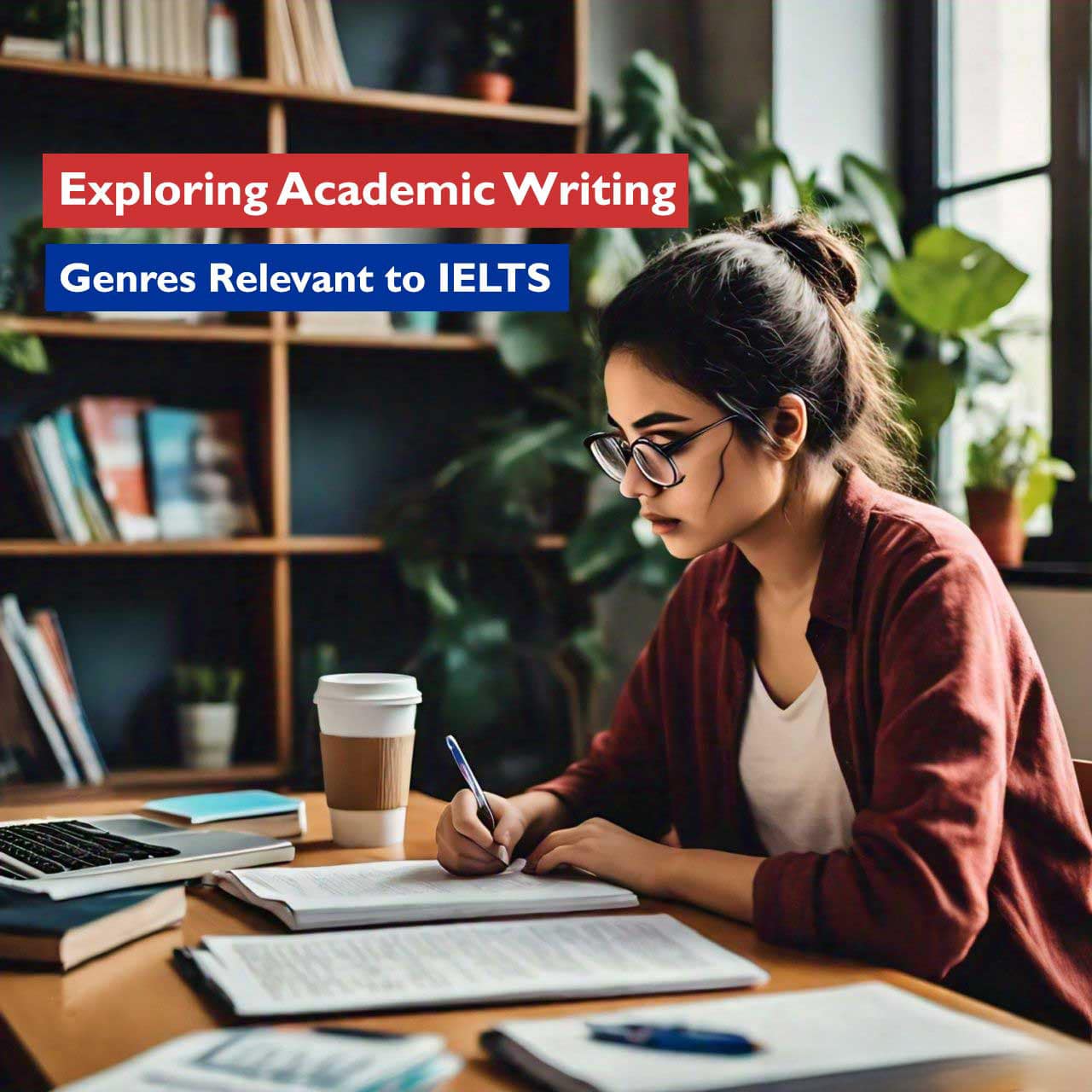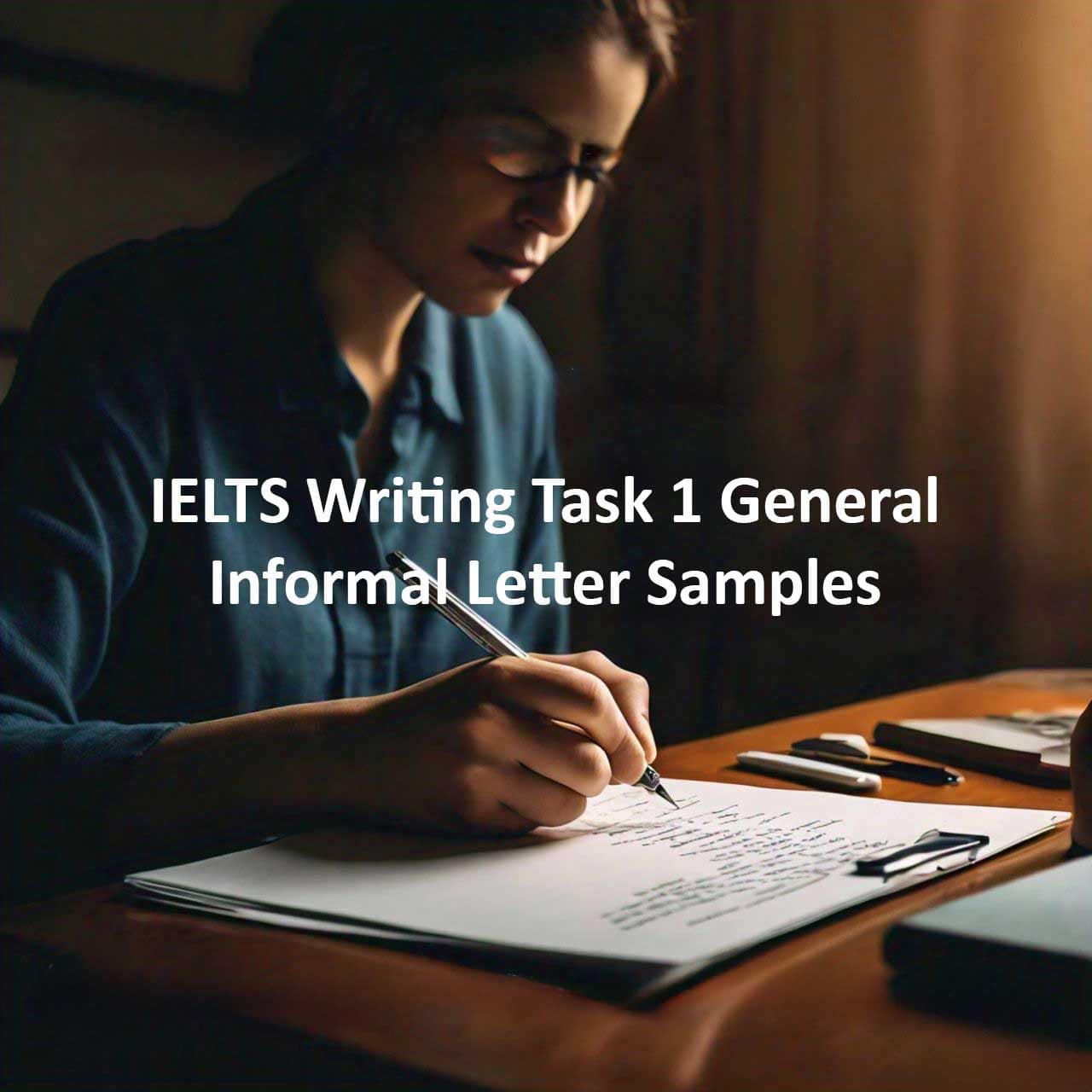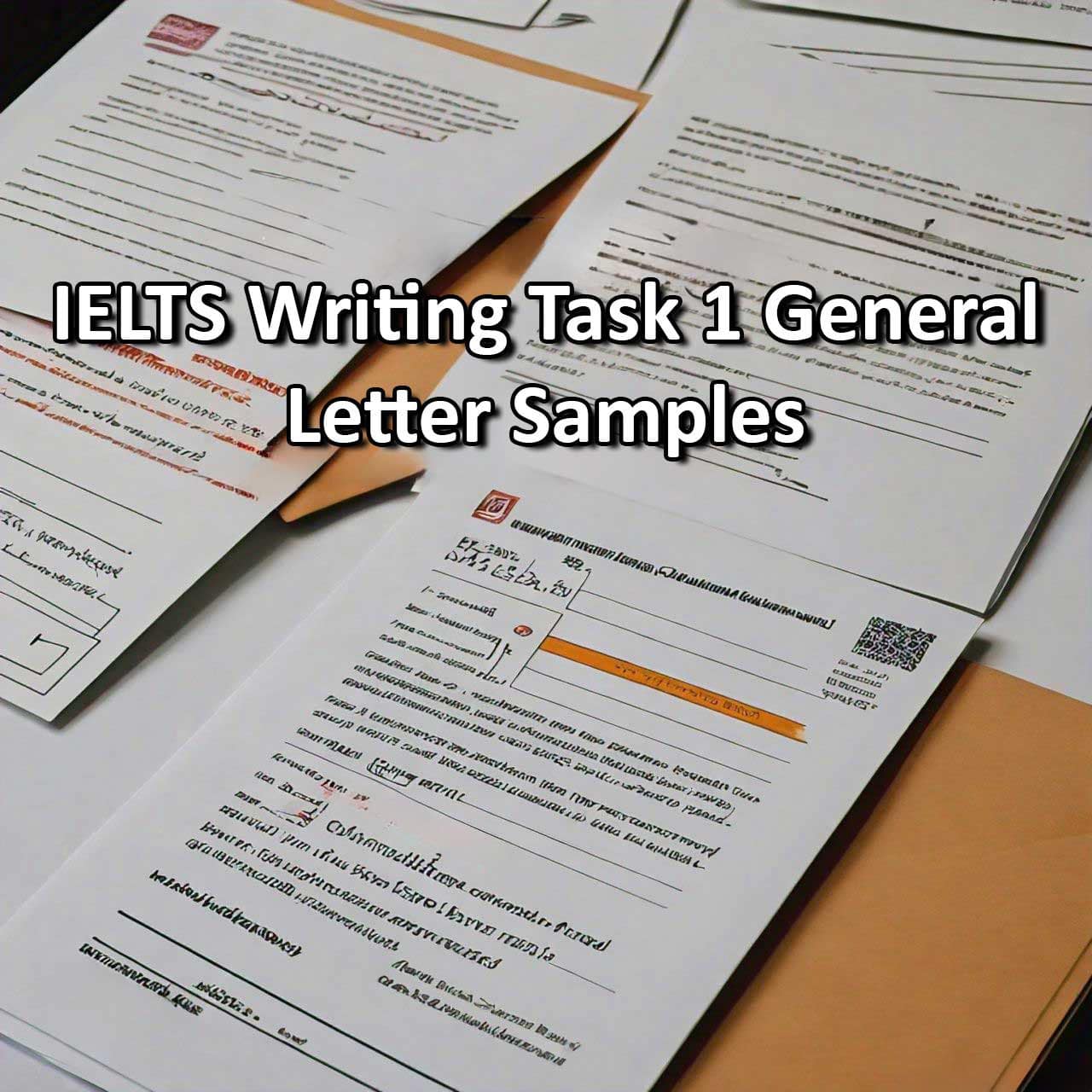The IELTS (International English Language Testing System) exam evaluates candidates’ proficiency in English across various language skills, including writing. A key component of the IELTS Writing section is the ability to understand and effectively produce different academic writing genres. In this blog post, we will explore the academic writing genres relevant to the IELTS exam, understand their characteristics, and provide tips for mastering each genre.
Understanding Academic Writing Genres
1. Essay Writing:
– Description: Essays are a common academic writing genre that require candidates to present and support an argument or discuss a topic in a structured format.
– Characteristics: Typically structured with an introduction, body paragraphs, and a conclusion. Essays may be argumentative, discursive, or opinion based.
– Tips: Clearly state your position or argument in the introduction, support your points with relevant examples or evidence in the body paragraphs, and summarize your main points in the conclusion.
2. Report Writing:
– Description: Reports present factual information or findings from research in an organized and objective manner.
– Characteristics: Often structured with sections such as introduction, methodology, results, and conclusion. Reports focus on presenting information rather than arguing a point.
– Tips: Use clear and concise language, organize information logically, and include headings and subheadings to guide the reader.
3. Graph Description:
– Description: Candidates may be required to describe and interpret graphs, charts, or diagrams in the Writing Task 1 of the IELTS Academic module.
– Characteristics: Requires candidates to describe trends, compare data, and identify key features of the visual representation.
– Tips: Provide an overview of the main trends or features, highlight significant data points, and use appropriate language for comparison and description.
4. Letter Writing:
– Description: In Task 1 of the General Training module, candidates may be asked to write a formal or informal letter in response to a given situation or request.
– Characteristics: Letters should follow conventions of formal or informal correspondence and address the purpose of the task effectively.
– Tips: Pay attention to the tone and register appropriate for the situation, organize your letter into clear paragraphs, and address all aspects of the task prompt.
Tips for Mastering Academic Writing Genres in IELTS
1. Understand Task Requirements: Read the task prompts carefully and understand what is expected for each writing task, whether it’s presenting an argument, describing data, or responding to a letter prompt.
2. Practice Task Analysis: Practice analyzing different types of writing tasks and identifying the main requirements, audience, and purpose of each task.
3. Develop Structure and Organization: Work on structuring your writing with clear introductions, logical progression of ideas, and cohesive conclusions for essays and reports.
4. Expand Vocabulary: Build a diverse vocabulary relevant to academic topics to effectively express ideas and arguments in your writing.
5. Focus on Cohesion and Coherence: Ensure your writing flows smoothly by using cohesive devices (e.g., linking words, transitions) to connect ideas within and between paragraphs.
6. Practice Time Management: Practice writing under timed conditions to improve your ability to plan, organize, and complete writing tasks within the allotted time frame.
7. Seek Feedback and Review: Get feedback on your writing from teachers, tutors, or peers, and review sample essays and reports to understand effective writing strategies and conventions.
Conclusion
Mastering academic writing genres is essential for success in the IELTS Writing section. By understanding the characteristics of different genres, practicing relevant writing tasks, and incorporating feedback, you can improve your ability to produce clear, coherent, and well-structured responses. Remember to focus on task requirements, develop strong arguments or presentations of information, and showcase your language proficiency effectively. With dedication and practice, you can excel in academic writing genres and achieve your desired score on the IELTS exam.



